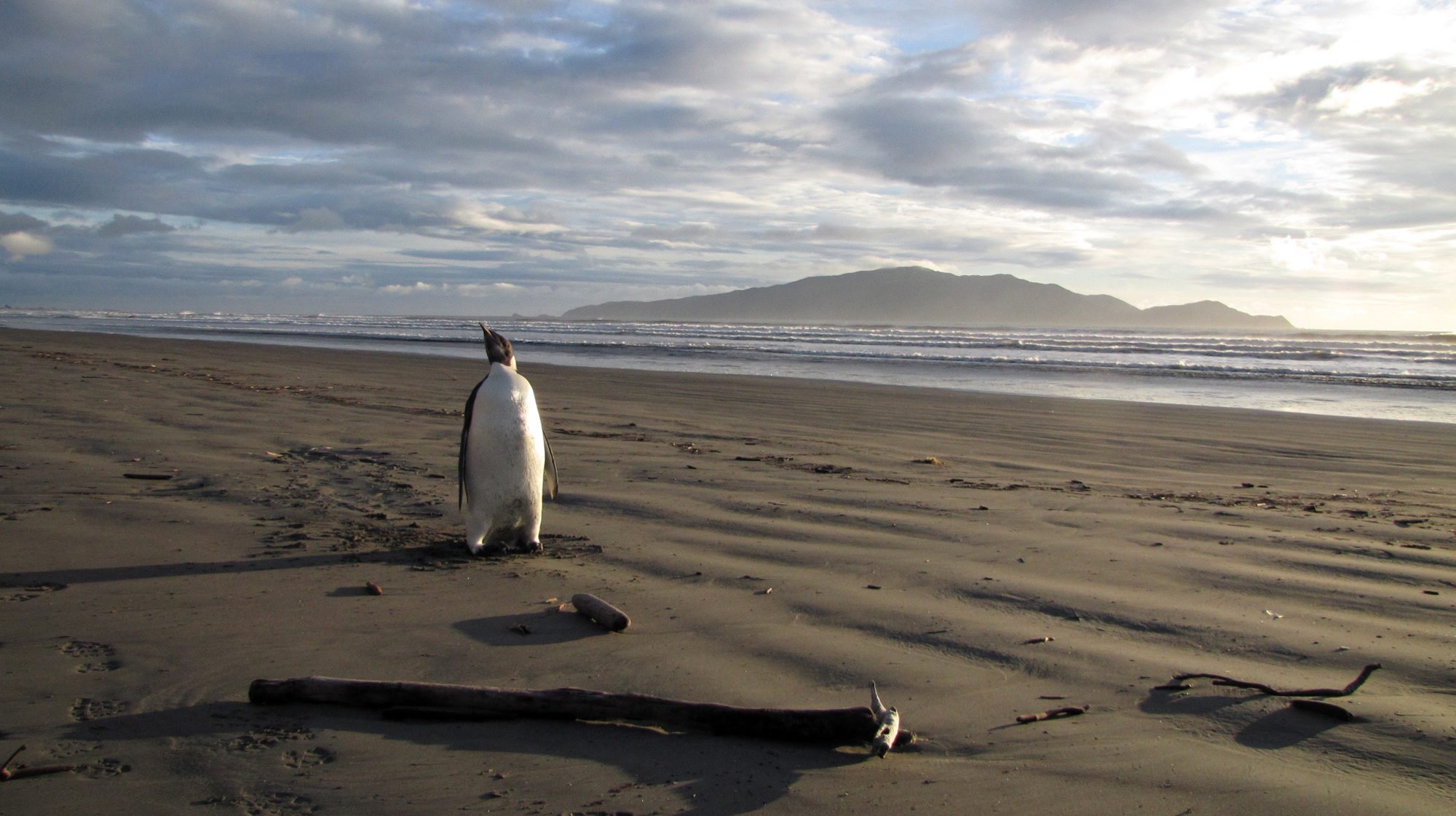Melting sea ice is killing emperor penguin chicks in Antarctica, according to a study published Thursday that estimates the species’ near extinction by the end of the century if global warming continues at the current rate.
According to the study, published in the open access scientific journal Communications Earth & Environment, no chicks hatched in the Antarctic spring of 2022 (September to December) survived in four of the five emperor penguin colonies in the Bellingshausen Sea. Chicks (not yet waterproof feathers) drowned or frozen to death due to early marine melt caused by global warmingthe study authors maintain.
Female emperor penguins usually lay their eggs from May to June (Antarctic winter) after choosing their breeding site on the ice, which is almost always the same every year, and after traveling more than a hundred kilometers with their partner. The hatching of the eggs occurs two months later, but chicks only acquire feathers between December and January (Antarctic summer).
According to research by scientists from the British Antarctic Survey, complete reproductive failure is a direct consequence of the region’s unprecedented loss of sea ice due to climate change. Emperor penguin colonies normally need stable ice between April and January to ensure successful breeding and molting (feathering). Any change in the extent of sea ice in Antarctica could affect the reproduction of the speciesas chicks do not develop waterproof feathers until fledged.
Scientists used satellite imagery, from 2018 to 2022, to monitor the presence of emperor penguins in colonies on Rothschild Island, Verdi Inlet, Smyley Island, Bryan Shore and Pfrogner Point during the breeding season.
Colonies range in size from about 630 penguin pairs on Rothschild Island up close to 3,500 couples on Smyley Island. Both islands are among the largest Antarctic islands. At the Isla Smyley, Entrada Verdi, Costa Bryan and Ponto Pfrogner colonies, no hatchlings survived in 2022. According to the study authors, this is the First reproductive failure of emperor penguins. observed in the region in the last 13 years.
In 2022, the most extreme ice loss was observed in the central and eastern Bellingshausen Sea in November, at which time the ice sheet completely disappeared. The authors estimate that, if the current rate of global warming continues, almost all emperor penguins could disappear by the end of the century. The emperor penguin is a species of seabird endemic to Antarctica, where by 2020 there would be around 300,000 breeding pairs.
Source: Observadora
